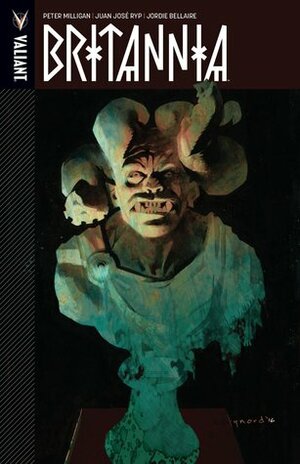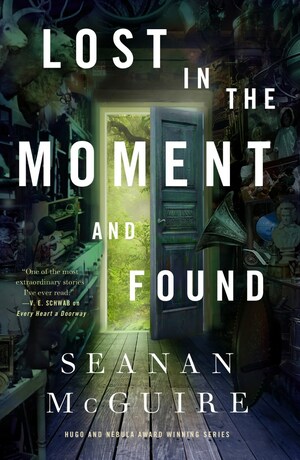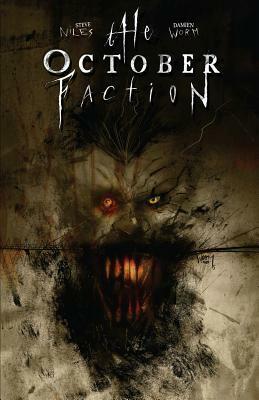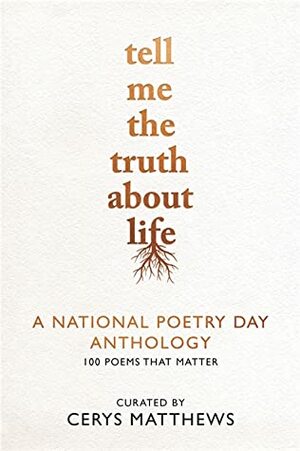
Emily Wilde's Map of the Otherlands
by Heather Fawcett
Genres: Fantasy, RomancePages: 337
Series: Emily Wilde #2
Rating:

Synopsis:When mysterious faeries from other realms appear at her university, curmudgeonly professor Emily Wilde must uncover their secrets before it’s too late, in this heartwarming, enchanting second installment of the Emily Wilde series.
Emily Wilde is a genius scholar of faerie folklore who just wrote the world’s first comprehensive encyclopaedia of faeries. She’s learned many of the secrets of the Hidden Ones on her adventures . . . and also from her infuriatingly charming fellow scholar Wendell Bambleby.
Because Bambleby is more than brilliant and unbearably handsome. He’s an exiled faerie king on the run from his murderous mother and in search of a door back to his realm. And despite Emily’s feelings for Bambleby, she’s not ready to accept his proposal of marriage: Loving one of the Fair Folk comes with secrets and dangers.
She also has a new project to focus on: a map of the realms of faerie. While she is preparing her research, Bambleby lands her in trouble yet again, when assassins sent by his mother invade Cambridge. Now Bambleby and Emily are on another adventure, this time to the picturesque Austrian Alps, where Emily believes they may find the door to Bambleby’s realm and the key to freeing him from his family’s dark plans.
But with new relationships for the prickly Emily to navigate and dangerous Folk lurking in every forest and hollow, Emily must unravel the mysterious workings of faerie doors and of her own heart.
After finishing the first book in this series, I was eager to grab Emily Wilde’s Map of the Otherlands, by Heather Fawcett. I still dispute that it can be considered “cosy”, but it was a really fun read and one which my brain needed at the time. It still bears comparison with the Isabella Trent books by Marie Brennan, but mostly because the two women are both scholars and have some similarities in that. Emily Wilde is very much her own woman, even if she shares Isabella’s “deranged practicality”, and Wendell too is a delight, as are the glimpses of the Fae world — capricious, illogical and often vicious as it is.
The story features a new location, of course, taking them far from Cambridge once more to encounter new faerie. Two new major players join the cast as well: Farris Rose, another scholar (who isn’t on great terms with either of them), and Ariadne, who is Emily’s niece. That adds some interesting new tensions, now that Wendell and Emily’s relationship has firmed up a bit and become less adversarial. And of course, I continue to really enjoy Emily’s fascination with the Fae, and her willingness to do hare-brained things in the pursuit of knowledge — and ultimately, now, for Wendell.
Sometimes the journal format breaks down a little bit as a narrative method, but it is managed very gamely for the most part. I particularly liked that it snuck a little surprise on us through Emily’s fragmented, troubled memories while she’s in the court.
…More, please?
Rating: 4/5













